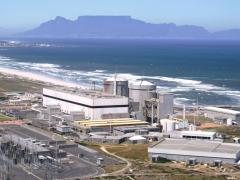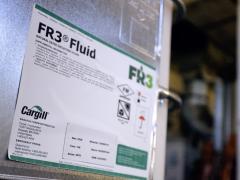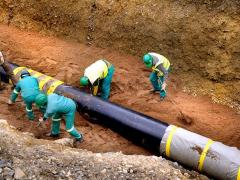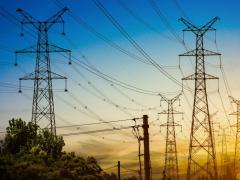The National Energy Regulator of South Africa (NERSA) is set to appeal the North Gauteng High Court’s judgement that, without cost studies, the 12,7% increase in Eskom tariffs, effective from July 1, is unlawful and invalid, reports Moneyweb.
Last month, civil rights organisation AfriForum submitted an urgent application to the High Court to interdict NERSA from approving municipal electricity tariff increases on the grounds that a cost study must be completed as part of the municipal application for tariff increases, as prescribed by the Electricity Regulation Act 4 of 2006.
The court ruled, on June 28, that municipalities without cost studies will need to keep charging electricity tariffs based on the current rates approved for the 2023/2024 fiscal year. Municipalities can reapply for electricity tariff increases for the 2024/2025 fiscal year but only if they submit the required cost studies to NERSA within 60 days from today, stated AfriForum.
“This is a great victory for civil rights. The court has acknowledged that NERSA failed to protect consumers against unlawful applications for electricity tariff increases – something the law compels the regulator to do,” said Morné Mostert, Manager of Local Government Affairs at AfriForum.
All 178 licensed electricity distributors’ tariff increase applications have already been considered and approved by NERSA. However, only 66 of these municipalities submitted cost studies, AfriForum said. “The announcement by NERSA was made prematurely. We trust that NERSA will comply with the court order and that the applications of the municipalities whose required cost studies are absent will be scrapped,” says Mostert.
According to Mostert the use of a cost study for electricity tariff increases is critical because it gives a clear outline of municipalities’ required tariffs to deliver the service properly and maintain networks. “The applications of municipalities that do not have cost studies are, at this stage, simply based on an estimate of costs to provide the service. Applications for tariff increases must be made on accurately calculated figures that will ensure fair tariff increases are passed on to consumers,” explains Mostert.













